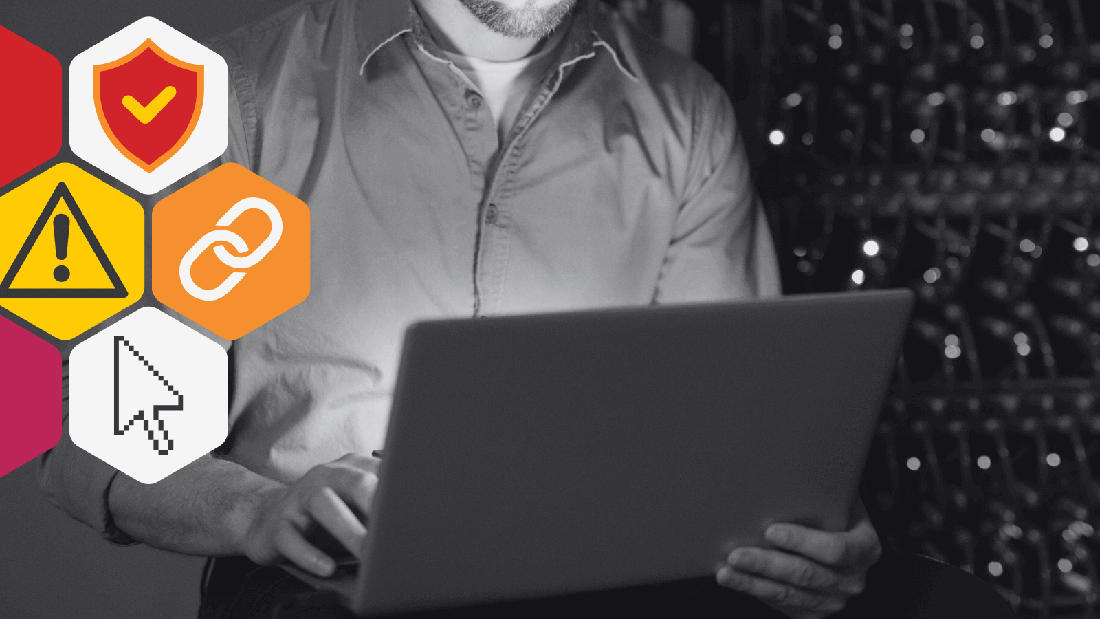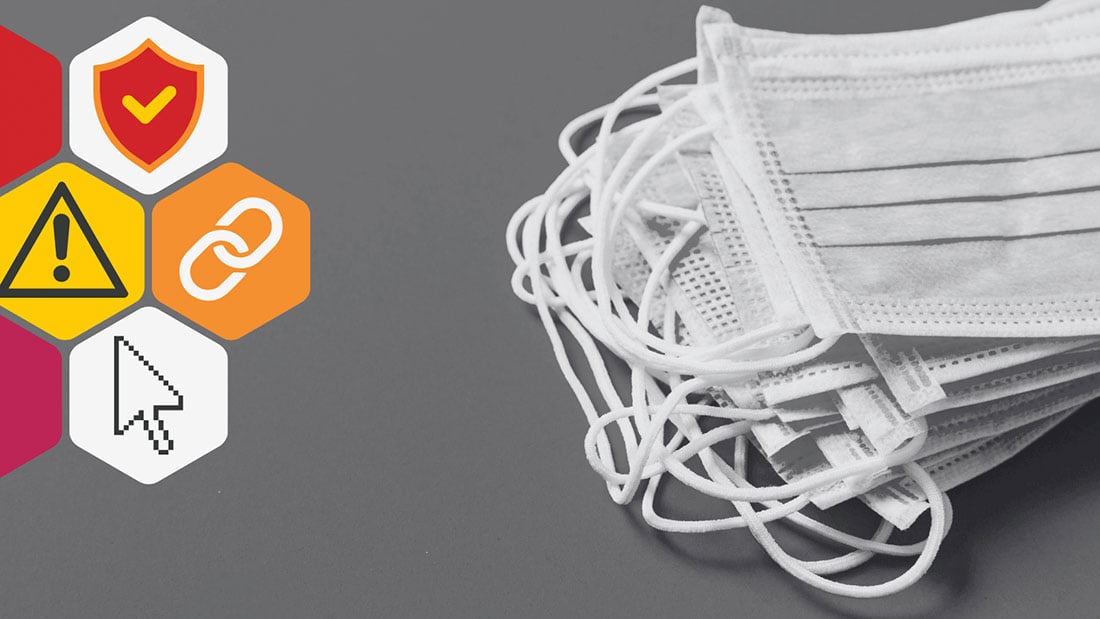Hacker Ecosystem 001: Introduction
The Cybermaniacs Intro to the Hacker Ecosystem The stereotypical view of a hacker is a young man living in his mother’s basement and hacking into...
During natural disasters and other major events, criminally-minded people and other baddies are willing to do unethical things to make a profit. With the spread and fear surrounding the explosive growth of the coronavirus, we’re seeing and hearing stories of many criminals and malicious actors on the digital scene. Some are acting like scalpers at a sold-out concert, taking advantage of people's fear of infection and jacking up prices of surgical masks and other Personal Protective gear that is in short supply, but some are taking things a step further.
We find this behavior even more gross than the usual cybercrime. Which makes it a learning moment. As these disasters unfold, there are digital and physical risks that now interplay. Here are some things to consider:
During any major event, whether it’s the Olympics, a ransomware outbreak like the WannaCry epidemic in 2017, or the current coronavirus outbreak, cybercriminals and fraudsters will take advantage of fear, panic, and uncertainty to take advantage of people.

During the current epidemic, which is shaping up to be a pandemic, it pays to be suspicious of any email, text message, or website offering information or solutions regarding the outbreak.
Cybercriminals will send phishing emails describing the “best ways to keep yourself safe,” or websites will offer crazy deals on medical equipment, vaccines, or safety gear. In our training, we often make fun of the drama that criminals invent to socially engineer innocent employees- one of the biggest is to use fear and a sense of urgency. Right now, we’re in an escalating situation that will be rife with fear.
Malicious actors are using the outbreak of the Wuhan novel coronavirus, or 2019-nCoV, as an opportunity to launch emailed-based cyber attacks, according to security specialist Proofpoint.
Kaspersky and Sophos have found phishing emails from hackers pretending to be from the> Centers for Disease Control and Prevention and the World Health Organization. Another one has been a phishing campaign that targets global companies with emails that suggest that the virus could disrupt shipping operations.
There are tons of emails, sites, and text messages currently popping up regarding COVID-19, the Coronavirus Outbreak, and SARS that are just another sneaky way to steal data, personal information, and money. Before clicking on a link or entering any personal information into an online form, take a second to ask yourself “is this too good to be true?” and to verify the site or email.
Health scare? A new strain of coronavirus? Updates?
How to Protect Against Coronavirus Scams
While protecting yourself against getting sick is a good idea, you don’t want to get a computer virus while trying to evade the coronavirus.
- Make sure your software versions are up to date.
- Make sure you have a great AV on your computer and mobile devices.
- Standard Phishing Protocol: Don’t be lured into clicking on links in emails and be especially wary of attachments. There are tons of fake invoices, shipping receipts, and résumés going around. Add into being especially weirded out by anything to do with the Coronavirus.
- Looking for info on the Corona Virus? Go directly to official sources of information like the CDC, NHS, and other gov’t agencies.
Would you like some more info on how to protect your business data and prevent cyberattacks? You do! Take a look at our free whitepapers.

The Cybermaniacs Intro to the Hacker Ecosystem The stereotypical view of a hacker is a young man living in his mother’s basement and hacking into...
4 min read

Survey says: poor password management, phishing, and malware downloads The US State of Cybercrime Report found that a third of participants suffered...
4 min read
.png?width=1100&height=619&name=_Impacts%20of%20Cyber%20Awareness%20(1).png)
The shift in remote and hybrid work has permanently transformed the way companies operate. Once a short-term solution to a global crisis, these work...
3 min read
Subscribe to our newsletters for the latest news and insights.
Stay updated with best practices to enhance your workforce.
Get the latest on strategic risk for Executives and Managers.
